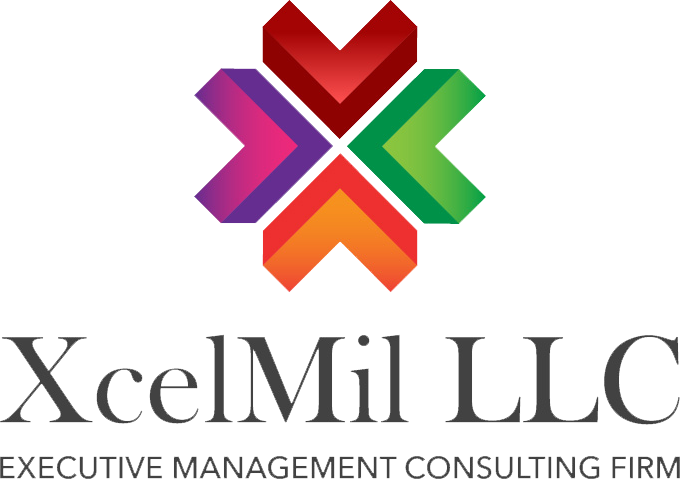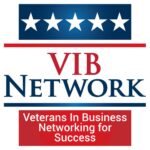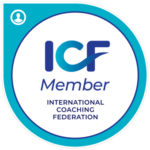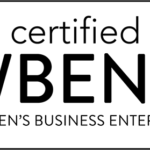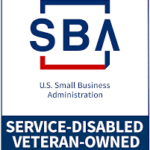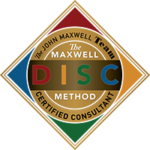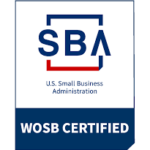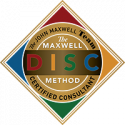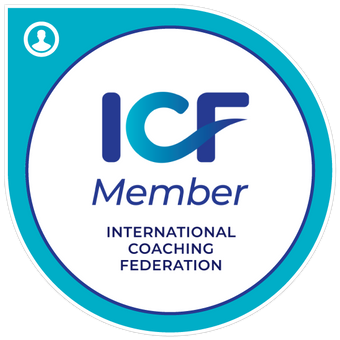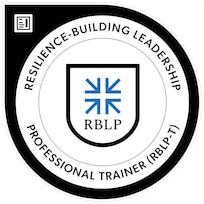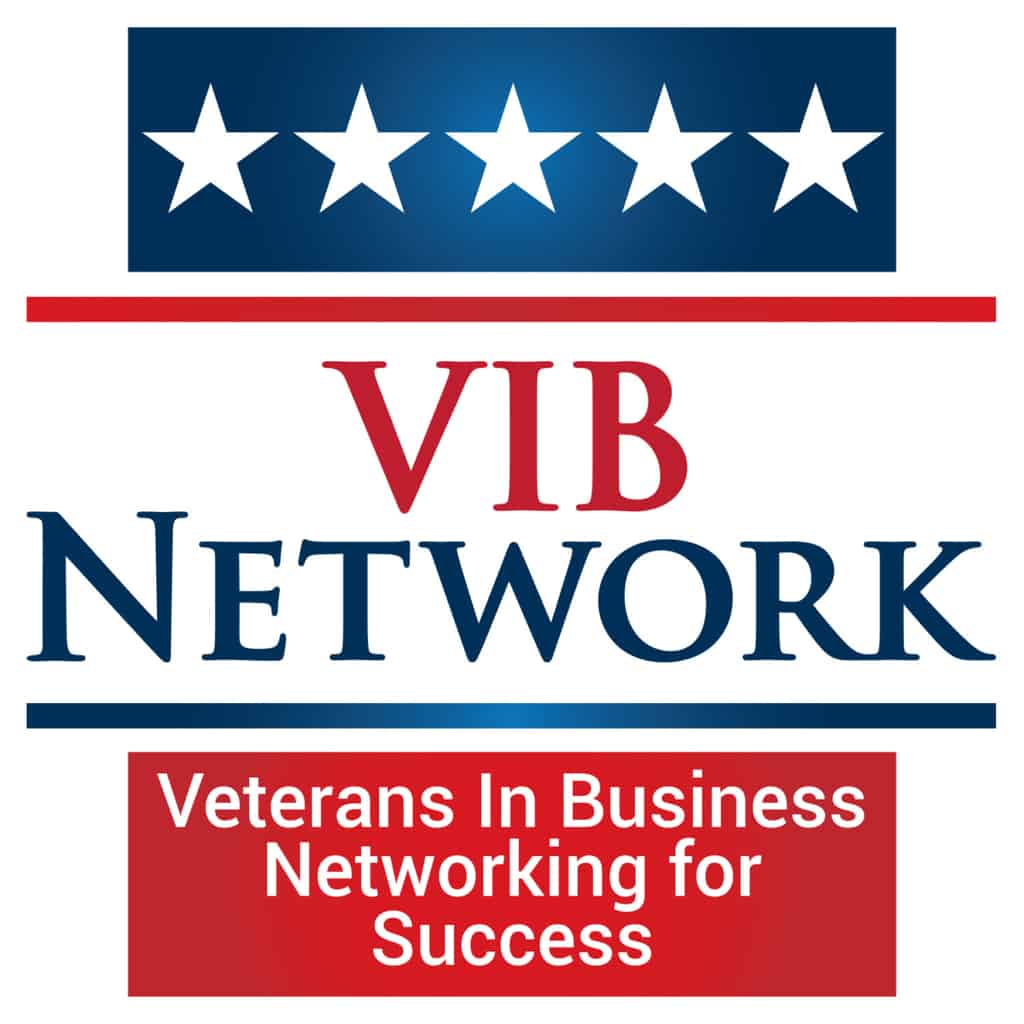In today’s fast-paced and ever-changing business environment, conflicts are bound to arise in teams. Whether it’s due to differences in opinions, conflicting goals, or competing interests, effectively managing these conflicts and finding resolutions through negotiations is crucial for maintaining a harmonious team dynamic and achieving collective success. This article delves into the strategies and techniques required to successfully navigate through conflicts within a team setting while fostering collaboration, open communication, and compromise. Through an exploration of proven methodologies and real-life case studies in various industries, readers will gain valuable insights on how to proactively address conflicts before they escalate, facilitate meaningful discussions among team members, build consensus through negotiation tactics, and ultimately create a supportive environment where everyone can thrive professionally.
Reasons why conflicts and negotiations occur in teams
Conflicts and negotiations are common in teams due to various reasons. First, conflicts may arise from differences in opinions among team members. Each individual brings their own perspectives, experiences, and knowledge to the table, which can spark disagreements on how to approach tasks or solve problems. These differing viewpoints can lead to conflicts if not managed effectively.
Secondly, conflicting goals within a team often contribute to conflicts and negotiations. Team members may have different priorities or objectives for a project, leading to competing interests and potential clashes. It is essential for leaders and team members alike to understand these contrasting goals and work towards finding a middle ground through negotiation.

Finally, limited resources such as budget constraints or time pressures can also result in conflicts within a team setting. When there isn’t enough time or resources available to meet everyone’s needs or expectations, tensions may arise as individuals vie for their share of these scarce resources. Negotiations become crucial in such situations to allocate resources fairly while addressing the concerns of all team members.
- Employees in United States companies spend approximately 2.8 hours each week involved in conflict. This amounts to around $359 billion in hours paid that are filled with – and focused on – conflict instead of on positive The figure is the equivalent of 385 million days on the job going toward the goal of arguing, as opposed to being put toward collaboration. A full day of productivity each month. This is 2-1/2 weeks of productivity each year (CPP Inc., 2008).
Successfully managing conflicts and negotiating within teams requires effective communication skills, respectful dialogue, active listening, empathy towards others’ perspectives, willingness to compromise when necessary, and strong leadership that promotes collaboration rather than confrontation. By employing proven methodologies outlined in this article, it becomes possible for teams to navigate through conflicts while fostering an environment conducive to open discussion and collective success.
Managing Conflict
Managing conflict is an essential skill in any team setting. Conflicts can arise for various reasons, such as differing opinions or conflicting goals, but it is crucial to address these issues promptly and effectively. By utilizing strategies and techniques that promote collaboration, open communication, and compromise, teams can navigate through conflicts and find resolutions that benefit everyone involved.
- In 2021, there were 61,331 workplace discrimination charges in the US, which resulted in more than $34 million in damages for victims in federal court. This does not include hundreds of millions in damages granted by state and district courts (EEOC, 2022).
One key aspect of managing conflict is fostering a culture of open communication within the team. Encouraging team members to voice their concerns and opinions openly creates an environment where conflicts can be addressed early on before they escalate. Active listening and empathy are also important in understanding different perspectives and finding common ground.

Another vital strategy for managing conflict is promoting collaboration rather than competition. By emphasizing shared goals and encouraging individuals to work together towards a common objective, teams can prevent conflicts arising from personal or departmental interests clashing. This approach requires acknowledging each team member’s contributions and finding ways to integrate different ideas into cohesive solutions.
Overall, effective conflict management involves a combination of active communication, collaboration, compromise, and seeking win-win outcomes. By implementing these strategies within a team setting, conflicts can be resolved constructively while maintaining harmonious relationships among team members.
Strategies for preventing and managing conflict
Conflicts within teams can be effectively prevented and managed through a range of strategies. Establishing clear goals and expectations from the outset can help minimize potential conflicts by ensuring that all team members are on the same page. Regular communication and a culture of open dialogue also play a vital role in preventing conflicts, as it allows team members to address any issues or concerns before they escalate.
When conflicts do arise, it is important to approach them with a problem-solving mindset rather than with personal animosity. Active listening skills should be employed to understand different viewpoints and find common ground. Collaborative decision-making processes such as brainstorming or consensus-building can also be effective in managing conflicts by encouraging the participation of all team members.
Negotiation techniques can be utilized to find mutually beneficial solutions during conflict resolution. This involves finding areas of agreement, prioritizing shared interests, and seeking compromises where possible. Moreover, involving a neutral third party mediator when necessary can provide an unbiased perspective and help facilitate productive discussions.
Overall, adopting proactive measures that foster collaboration, open communication, active listening skills, and employing negotiation techniques will contribute towards preventing and effectively managing conflicts within teams while promoting collective success.

How to identify and address underlying causes of conflict
Identifying and addressing the underlying causes of conflict is essential for effective conflict management in a team. One way to identify these underlying causes is by encouraging open communication and actively listening to all team members’ perspectives. This allows team members to express their concerns, frustrations, or grievances related to the conflict at hand. By understanding each individual’s viewpoint, leaders can gain insight into potential root causes such as miscommunication, differing values or priorities, or unresolved past issues.
Once the underlying causes are identified, it becomes crucial to address them effectively. This can involve implementing various strategies such as mediation sessions where an unbiased third party helps facilitate dialogue and finding common ground between conflicting parties. Providing opportunities for compromise among team members can also be beneficial in resolving conflicts and fostering collaboration within the team.
Identifying and addressing underlying causes of conflicts involves creating an environment that promotes open communication and active listening within the team setting. By doing so, conflicts can be addressed through techniques like mediation or compromise that encourage resolution while maintaining harmony among teammates. Ultimately, successfully managing conflicts requires thoughtful consideration of each member’s perspectives along with a focus on collaboration and cooperation towards collective success.
Negotiation
Negotiation is an essential skill when it comes to managing conflicts within a team. By engaging in negotiations, team members can actively address and resolve differences of opinion, conflicting goals, or competing interests. Negotiations involve finding common ground through effective communication and compromise, ultimately leading to a harmonious team dynamic.
Successful negotiation requires careful planning and strategy. It involves understanding the needs and interests of all parties involved, as well as identifying areas of potential agreement. This can be achieved through active listening, empathy, and open-mindedness. Additionally, it is important for negotiators to maintain a professional demeanor and approach during discussions, ensuring that emotions do not hinder the negotiation process.
Effective teamwork relies on regular communication and the ability to manage conflicts constructively. Through negotiation techniques such as brainstorming solutions together or utilizing win-win strategies where both sides benefit from the outcome, teams can work towards resolving conflicts in a way that promotes collaboration rather than division.
Ultimately, successful negotiation skills contribute significantly to maintaining positive team dynamics while also achieving collective success within today’s fast-paced business environment.
Techniques for successful negotiation
In order to ensure successful negotiations within a team, several techniques can be employed. First and foremost, it is important to foster open communication among team members. This includes actively listening to each other’s ideas and concerns, as well as expressing thoughts in a respectful manner. By creating an environment where everyone feels heard and valued, teams can work together more effectively towards finding common ground.
Another crucial technique is the practice of collaboration. Rather than approaching negotiations with a win-lose mentality, encourage team members to seek mutually beneficial solutions that meet the needs of all parties involved. This involves brainstorming options together, exploring different perspectives, and being willing to compromise when necessary.
Lastly, effective negotiation requires developing strong relationships based on trust and respect within the team. Building rapport with colleagues allows for better understanding of individual motivations and goals, leading to more productive discussions during conflicts or negotiations.
Overall, by emphasizing open communication, collaboration, and nurturing positive relationships within the team setting, collaborative resolution of conflicts through negotiation can be achieved, resulting in stronger teamwork and increased overall success in any organization.
Conclusion
In conclusion, managing conflicts and negotiations in a team is vital for the overall success and productivity of an organization. By utilizing effective strategies and techniques, teams can address conflicts in a constructive manner that promotes collaboration and compromise. This article has provided insights into proven methodologies that can be employed to navigate through conflicts within a team setting. By fostering open communication and encouraging active participation from all team members, resolutions can be reached that benefit both individuals and the collective group. Overall, effectively managing conflicts not only maintains a harmonious team dynamic but also enhances creativity, innovation, and overall organizational performance.
Does your organization have a fully developed leadership strategy or plan?
Book a consultation with us now! Please do not hesitate to contact us with any questions. We would love to hear from you. Email at info@xcelmil.com.
Our NAICS codes: https://xcelmil.com/naics/
Click here https://xcelmil.com/xcelmil-coaching-and-consulting-services/ to learn more about our services.
Twitter: https://twitter.com/GraticMelody
LinkedIn: https://www.linkedin.com/in/melodygraticconsulting/
XcelMil, LLC is a certified Minority-Woman and Service-Disabled Veteran-Owned Small Business specializing in Executive Management Consulting and Leadership Development Training.
